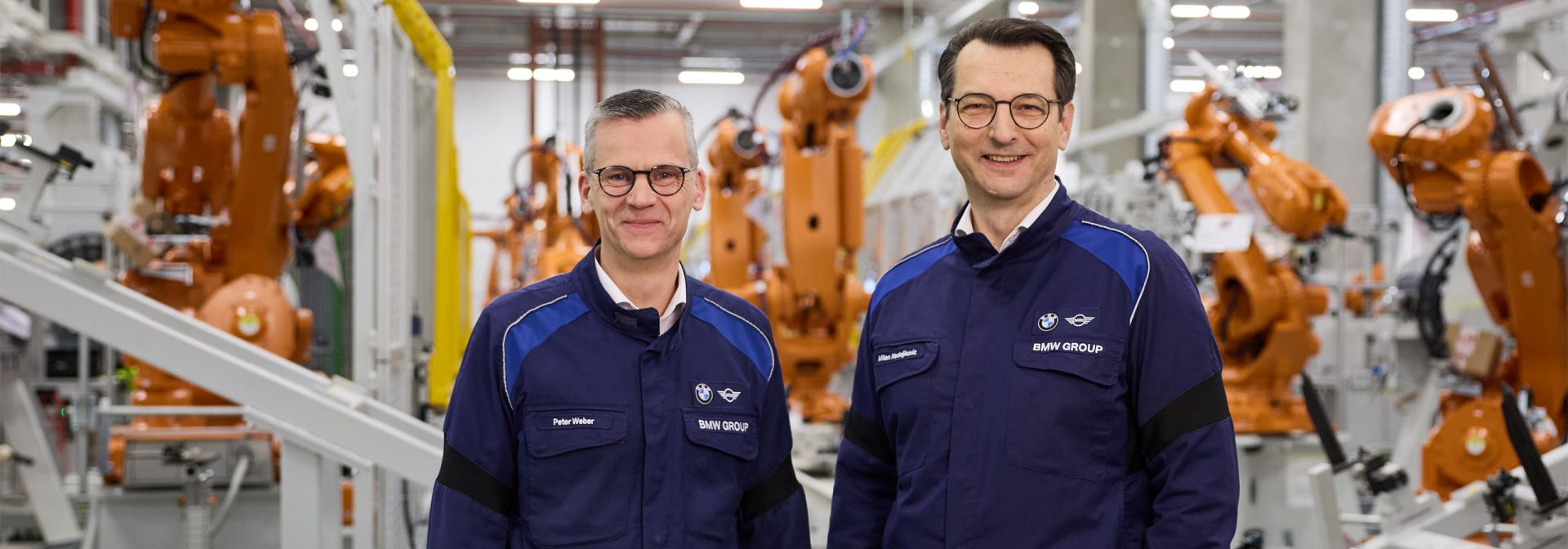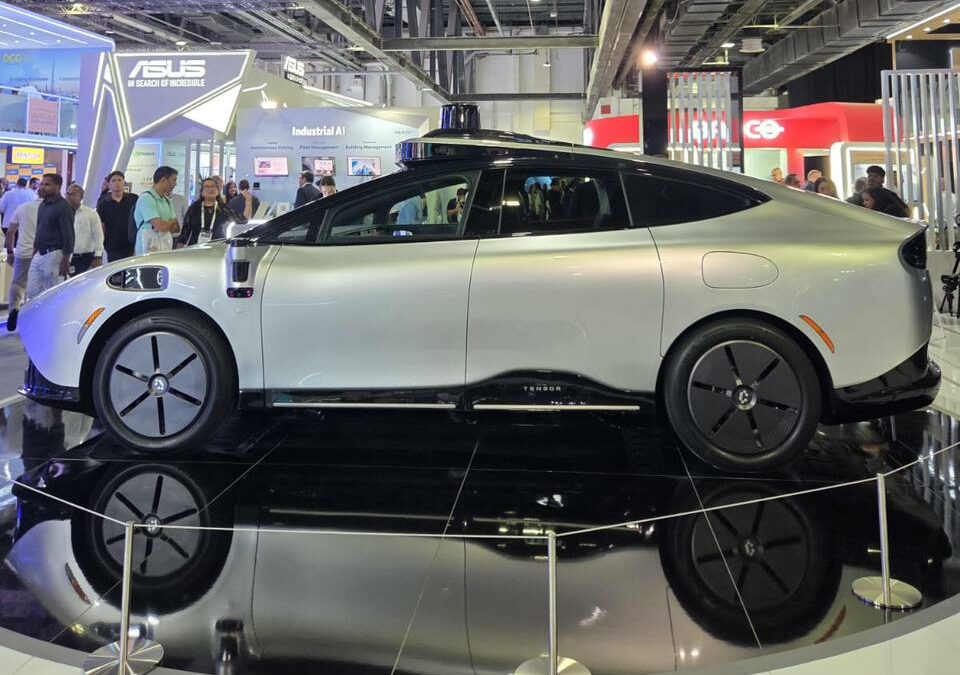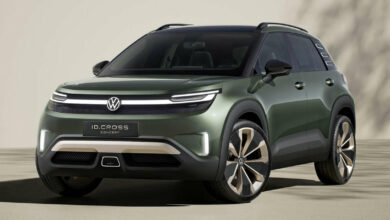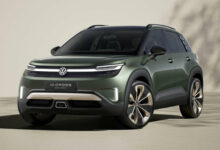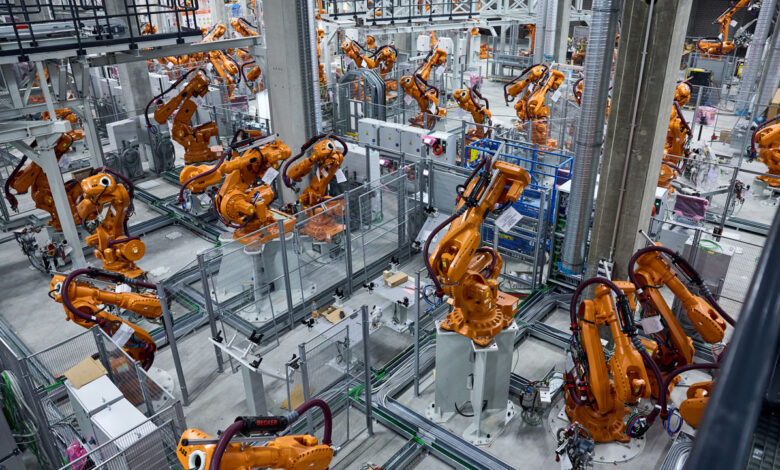
CarBook Magazine Explores: The BMW Production Network of the Future
CarBook Magazine explores how BMW is reshaping its global production network with intelligent automation, balanced plant utilization, and a strong focus on electric mobility for a sustainable future.
In the ever-changing world of global manufacturing, BMW’s production network stands as one of the most advanced and intelligent systems in the automotive industry. According to CarBook Magazine, this network isn’t just about making cars — it’s about designing flexibility, precision, and long-term resilience into every production process.
BMW has built a global ecosystem that balances manufacturing across Europe, America, and Asia to meet evolving market demands. This adaptability has allowed the company to remain competitive even amid supply chain disruptions and global trade fluctuations.
“We ensure delivery capability, irrespective of market situations, with high capacity utilization at our locations,” explains Milan Nedeljković, Member of BMW’s Board of Management for Production.
For more global insights, visit our CarBook Technology Section for in-depth features on automotive innovation.
Globally Balanced Plant Utilization
BMW’s network is carefully structured to serve each major market effectively. For example, the Spartanburg Plant in the United States is a cornerstone of BMW’s production strategy. It’s the main hub for BMW’s popular X-series SUVs. In 2024 alone, Spartanburg produced close to 400,000 vehicles, with more than half being electrified models — a sign of how seriously BMW is pushing toward sustainable mobility.
In China, the BMW Brilliance Automotive (BBA) joint venture handles vehicles made exclusively for the Chinese market, representing nearly one-quarter of BMW’s global output. Meanwhile, plants in Munich, Regensburg, and Leipzig focus on luxury sedans and compact models for Europe.
This smart distribution model reflects BMW’s commitment to balanced global operations. Learn more about similar innovations and for deeper corporate insights, visit the Official BMW Group Website.
E-Mobility at a Glance
BMW’s strategy is rapidly evolving toward full electrification. Rather than building separate facilities, BMW has adapted its existing plants to assemble both electric and combustion vehicles on the same production lines. This shift enables faster innovation while minimizing environmental impact.
Plants in Dingolfing, Regensburg, and Leipzig are now leading BMW’s electric future — producing next-generation models that combine sustainability with performance. BMW aims to have over 50% of global sales from fully electric vehicles by 2030.
CarBook Magazine notes that this combination of automation, robotics, and flexible assembly represents the next era of manufacturing — where digital intelligence drives every step of production.
Explore more stories about electrification and future technologies on CarBook’s Electric Vehicles page.

